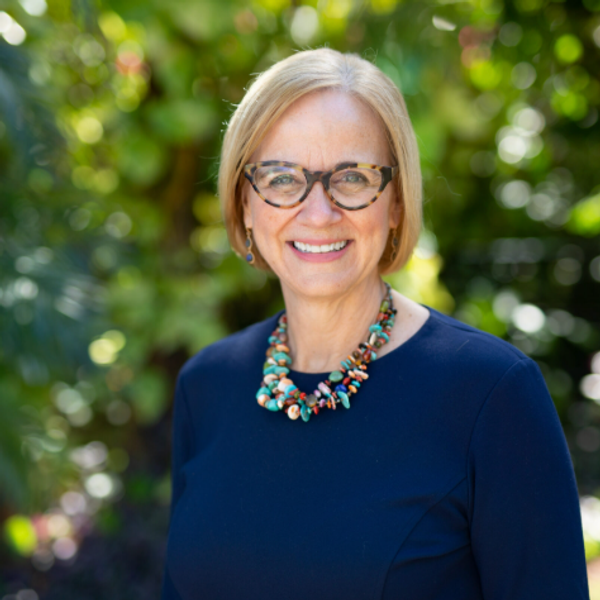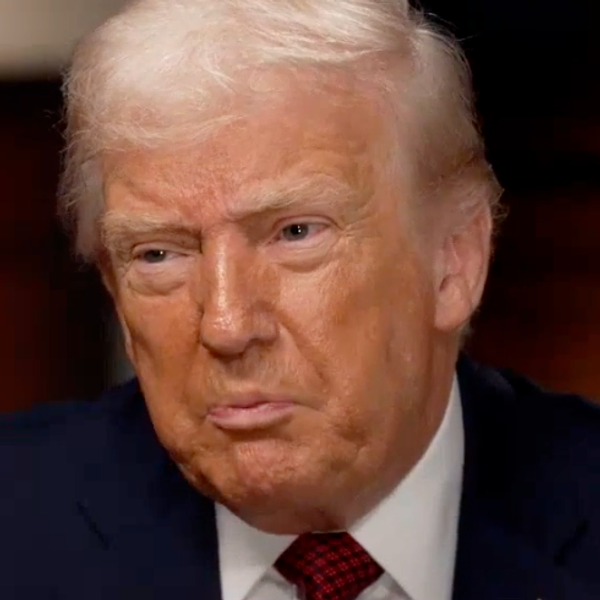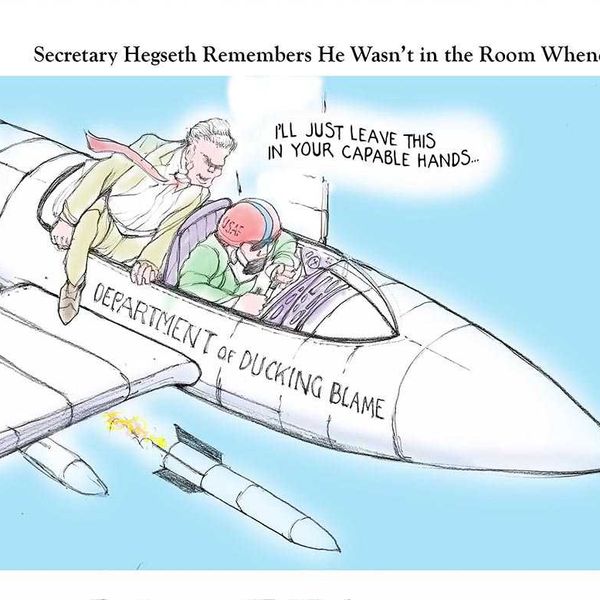
By Abby Livingston,CQ Roll Call
(MCT)
WASHINGTON — Think the television ad wars are raging between Democrats and Republicans this fall? Check out the battle behind the scenes between cable and broadcast stations for campaign ad dollars.
For the past three decades, television audiences splintered as cable and alternative viewing habits (Netflix, iPads), broke up the hold the big three channels — ABC, CBS, and NBC — once had on the American television-viewing public.
In politics, the difference is simple: Cable offers campaigns armed with micro-targeting data a chance to narrowcast, while broadcast still provides the largest audiences. Today, most political campaigns spend approximately 80 percent of their ad money on television and 20 percent on cable, according to multiple sources.
Two cable trade association executives, Sean Cunningham and Jason Wiese of Cabletelevision Advertising Bureau, have traveled the country pitching to campaign consultants, political candidates and state operatives their argument that they need to mix up their television diet to better target voters.
They argue the political sphere lags behind the corporate world in the move to cable, and that consultants and candidates are biased toward broadcast, especially on local news.
“In hot markets, there can be almost entire newscasts eaten up by political ads,” Cunningham said in a recent phone interview with CQ Roll Call.
He and Wiese have a PowerPoint presentation based on Nielsen research data that says an early burst of broadcast is effective, but campaigns ought to shift to more specific cable buys to avoid diminishing returns.
“Your first (buy of a) couple hundred ads was fine and productive,” Cunningham said of broadcast. “It’s the next hundred that is expensive.”
It’s a contention that the broadcast industry fiercely fights, because not all viewers subscribe to cable.
“There’s a place for that,” Television Bureau of Advertising Chief Development Officer Scott Roskowski said of cable targeting. “I don’t think it’s a big place because you need to maximize the amount of people who are going to vote for you.
“I don’t think that’s main course in their strategy,” he added. “I think it’s an ancillary strategy to boost your numbers.”
One GOP media buyer agreed that broadcast television is still the most powerful medium for a campaign.
“You can’t believe what happens to a candidate when you turn on their TV buys,” a GOP media buyer said. “They become instant celebrities.
“When you start flipping on 500-1,000 points of broadcast, people start recognizing them and pointing at them on the street,” he added. “There’s a lot of power behind TV, still.”
But the GOP media buyer said technology is quickly evolving, and cable companies will soon be able to micro-target not to groups or demographics, but to cross-check public information like voter registration data with tracked viewing habits of specific individuals.
For now, he says it’s not a one-size-fits-all argument.
“It really varies with what market you’re in and what demo you’re trying to reach,” he said.
For instance, if a campaign aims to target 18- to 34-year-olds, cable is a better venue. But in the cases of older voters, broadcast is still king.
“There’s a lot of research that says doing too much of one thing or another is a bad thing,” he said. “You need a balance.”
Photo via Wikicommons
Interested in more political news and analysis? Sign up for our daily email newsletter!








